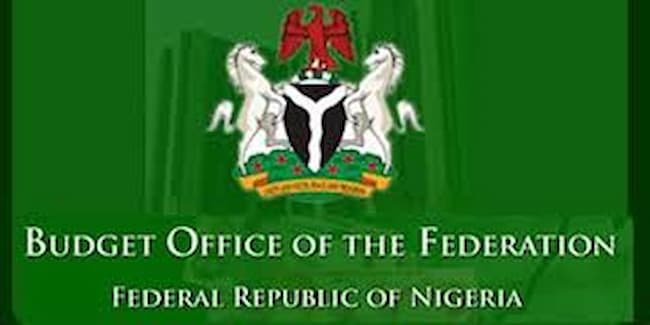The Federal Government has released a total of N1.23 trillion to 17 ministries for the execution of capital projects aimed at advancing development and infrastructure initiatives as of September 30, 2023.
An analysis of the Budget Implementation Report for the third quarter of 2023, released by the Budget Office, revealed these disbursements. Capital projects, in budgeting terms, refer to significant investments in physical infrastructure or assets expected to provide long-term benefits, such as buildings, roads, bridges, dams, schools, and hospitals.
Despite the significant disbursement, it was 75.4% lower than the N5 trillion allocated for capital expenditure in the 2023 budget, creating a deficit of N3.8 trillion. Moreover, the report showed that ministries utilized only N962.87 billion out of the N1.23 trillion disbursed.
The report stated, “Funds were released to MDAs for capital expenditure in tranches based on resource availability and government priorities. Data from the OAGF on 2023 capital performance for MDAs as of September 30, 2023, showed that a total of N1.23 trillion was released to MDAs and cash-backed for 2023 capital projects and programs.”
It added that the released funds included N351 billion in the first tranche, N331.92 billion in the second tranche, N208 billion in the third tranche, N75.35 billion for AlEs MDAs Budget, and N261 billion for AlEs Service Wide.
The report highlighted varying levels of fund utilization among the 52 MDAs included. It noted that 42 MDAs, representing 80.77%, utilized more than the overall average utilization rate of 52.44%. Additionally, 35 MDAs had a utilization rate above 65%, while only four achieved a 100% utilization rate. Conversely, 10 MDAs had below 40% utilization, with five MDAs below 20%, and three MDAs not utilizing any funds.
The Ministries of Defence, Works, and Agriculture received the highest capital allocations, with N189.39 billion, N178.62 billion, and N128.24 billion respectively. In contrast, the Office of the National Security Adviser, Ministry of Environment, and Ministry of Women Affairs received the lowest cash backing, at N3.93 billion, N3.73 billion, and N5.37 billion respectively.
A breakdown of expenditures revealed that the Ministry of Defence utilized N180.69 billion out of its N189.39 billion allocation, the Ministry of Works and Housing utilized N118.65 billion out of N178.62 billion, and the Ministry of Agriculture utilized N109.89 billion out of N128.24 billion. Other ministries showed similar utilization patterns, with some failing to fully utilize their allocations.
The National Assembly recently approved the Federal Government’s request to extend the life cycle of the N21.8 trillion 2023 budget and the N2.17 trillion supplementary appropriation from June 30 to December 31, 2024. This extension aims to ensure that capital projects are not abandoned. However, stakeholders, including opposition parties, have criticized the need to run four budgets concurrently.
Presidential spokesman Bayo Onanuga defended the extension, explaining that it was necessary to ensure the implementation of capital projects contained in the appropriations. He stated, “It is because it (the 2023 supplementary budget) is running simultaneously with the 2023 budget. Some elements of that budget were not implemented. That is why they are moving it forward to be implemented.”
The budget office also noted that many projects implemented were constituency projects, which are not within the mandate of the MDAs. This practice is concerning as these projects are often prioritized over those aligned with the MDAs’ mandates. The report recommended prioritizing capital projects that align with the MDAs’ mandates during budget preparation and implementation.













